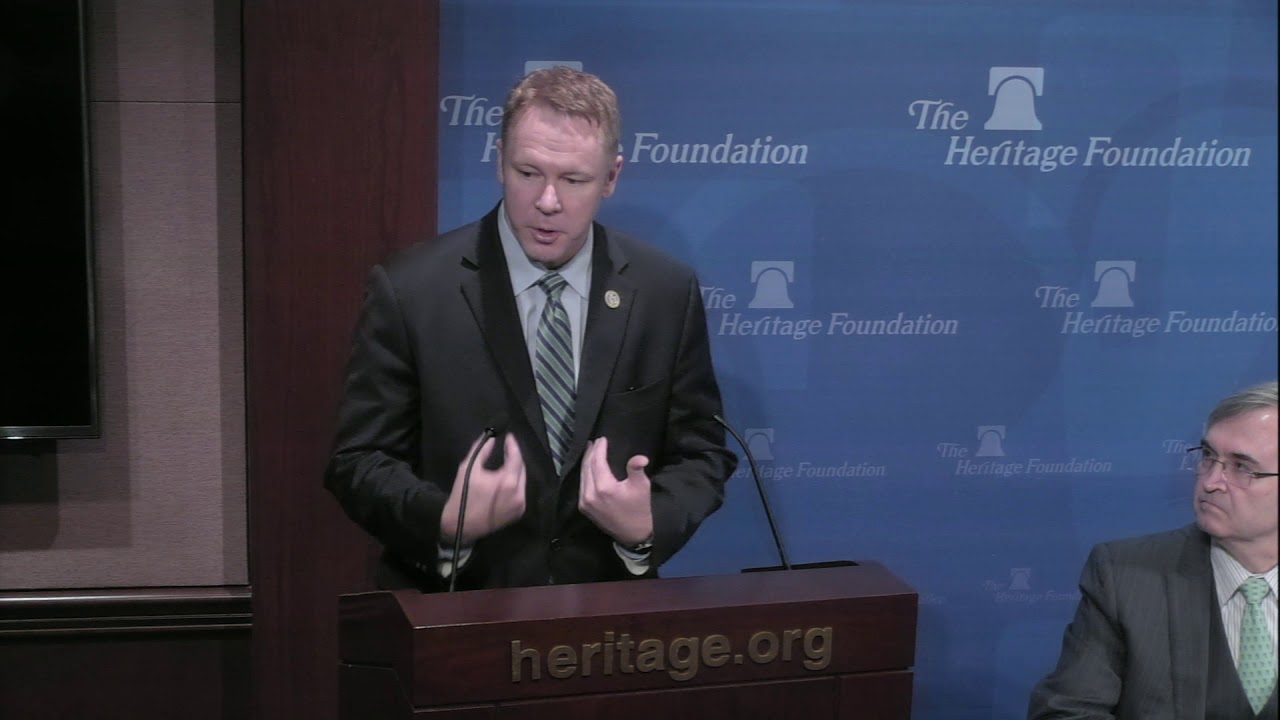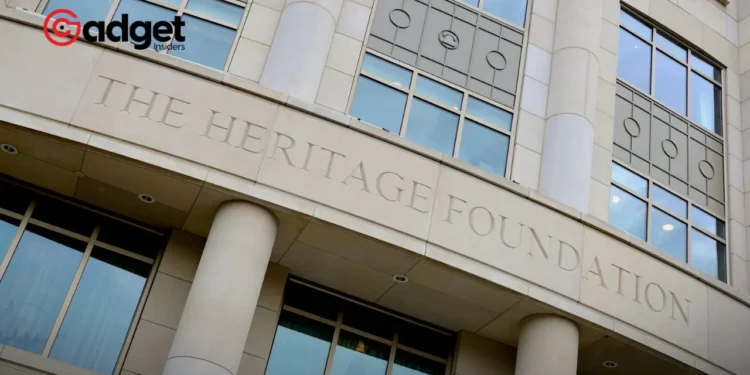In a startling revelation last Friday, The Heritage Foundation, a prominent conservative think tank based in Washington, D.C., confirmed that it had been the victim of a significant cyberattack earlier in the week. This incident marks yet another in a series of cybersecurity breaches targeting influential organizations within the political sphere, particularly those with deep ties to governmental and policymaking processes.

Incident Overview and Immediate Response
The cyberattack was first reported by Politico, a leading news outlet that obtained statements from an official within The Heritage Foundation. According to their report, the organization acted swiftly, shutting down its network “to prevent any further malicious activity” as part of its initial response to the discovery of the breach.
This decisive action underscores the seriousness with which The Heritage Foundation took the threat, highlighting the evolving challenges organizations face in protecting sensitive data against increasingly sophisticated cyber threats.
A source with direct knowledge of the situation conveyed to TechCrunch that remediation efforts were actively underway at The Heritage. However, at the time of the breach, it remained unclear whether any data had been exfiltrated by the attackers.
The uncertainty surrounding the data potentially compromised makes the breach particularly concerning given the sensitive nature of the information that think tanks like Heritage handle.

Speculations on the Attackers’ Identity
The Heritage Foundation official cited by Politico suggested that the cyberattack likely originated from nation-state hackers.
This assertion points to the troubling trend of state-sponsored cyber operations aimed at influencing or outright stealing information from entities perceived as pivotal to U.S. policy and political landscapes.
However, no concrete evidence was provided to support this claim, leaving room for speculation about the true origins and motives behind the incident.
Heritage Foundation’s Cybersecurity History
This isn’t the first time The Heritage Foundation has found itself at the center of a cybersecurity controversy. Back in 2015, the foundation suffered a cyberattack wherein hackers managed to steal internal emails as well as personal information about its donors.
The recurrence of such breaches raises questions about the cybersecurity measures in place and the ongoing efforts to bolster these defenses against potential threats.
US think tank Heritage Foundation hit by cyberattack https://t.co/oOJRRSUUTJ
— TechCrunch (@TechCrunch) April 12, 2024
The Broader Implications for Think Tanks
The cyberattack on The Heritage Foundation is not an isolated incident; it reflects a broader pattern of targeting think tanks, especially those involved with sensitive government and policy-making issues.
These organizations are often staffed by former U.S. administration officials and possess connections that are highly valuable to foreign governments and non-state actors alike.
As these institutions continue to navigate the complex intersection of policy, governance, and technology, the need for robust cybersecurity strategies becomes increasingly apparent.
The stakes are high, as the impact of such breaches extends beyond the immediate loss of data and can potentially influence political processes and policy decisions.

The cyberattack on The Heritage Foundation serves as a stark reminder of the persistent cyber risks facing organizations involved in the political and policy-making arenas.
As investigations continue and details emerge, the incident will likely prompt a reevaluation of cybersecurity practices not just at Heritage, but across similar institutions that find themselves at the crossroads of governance, politics, and security.










